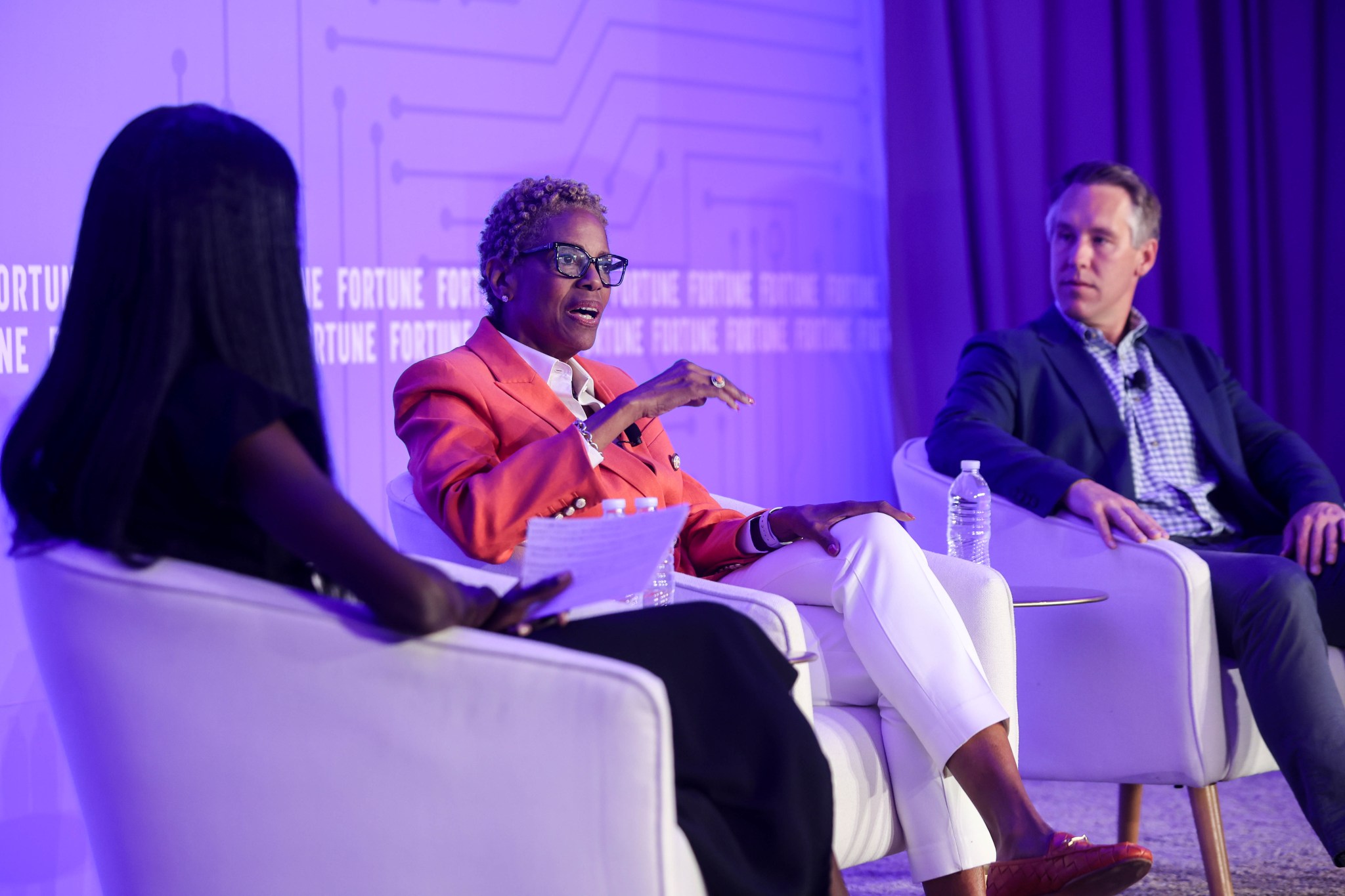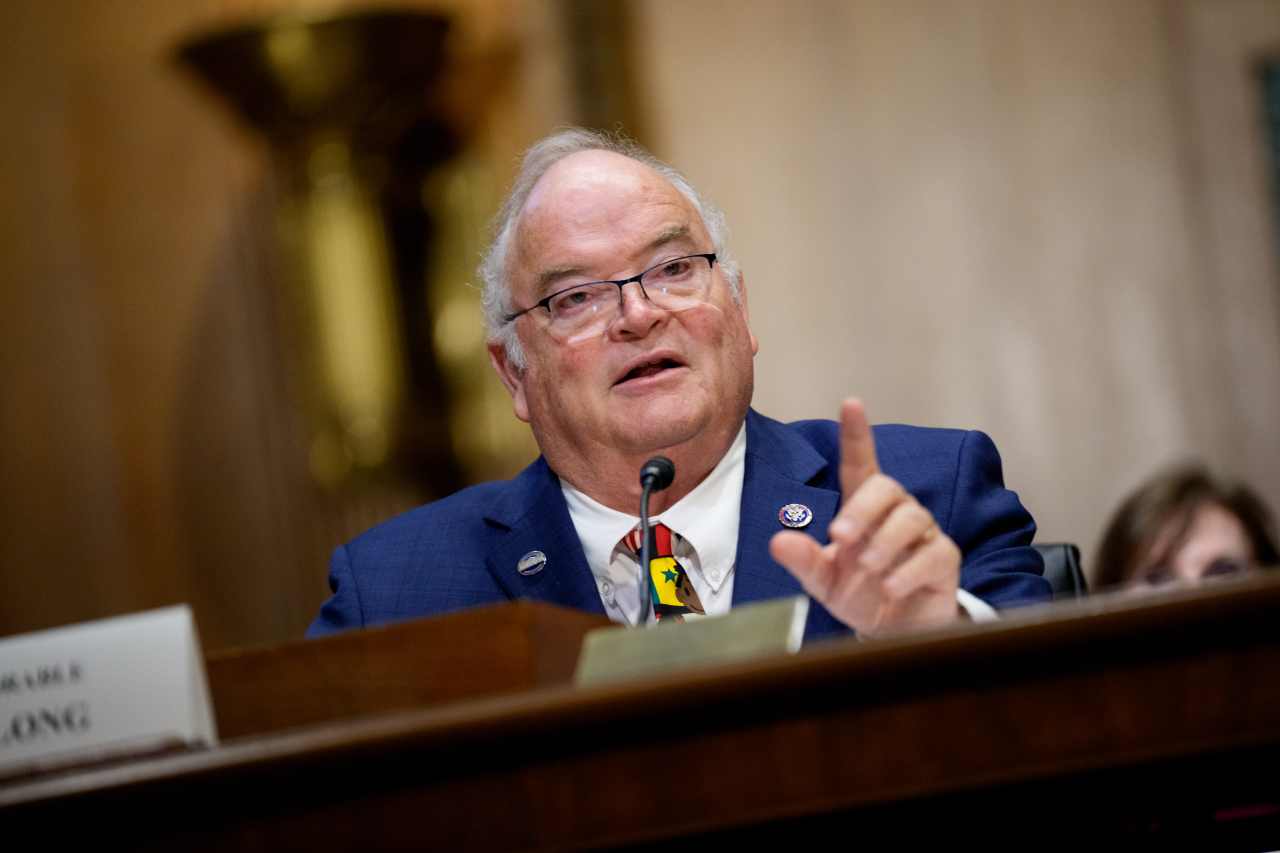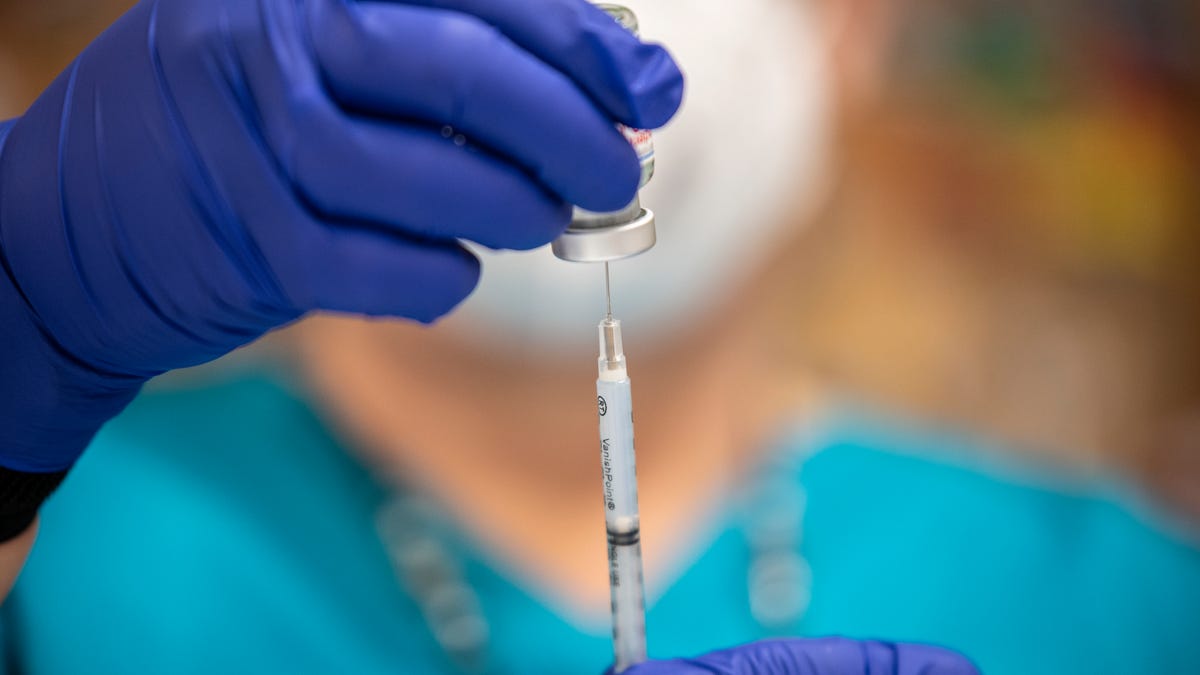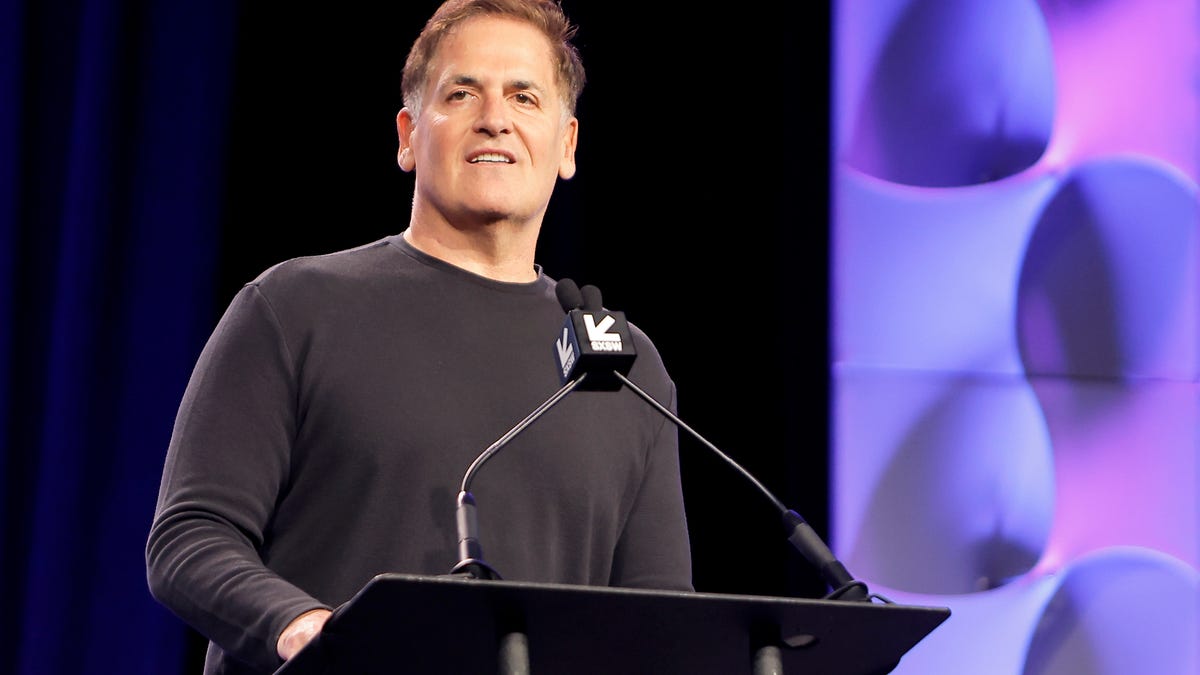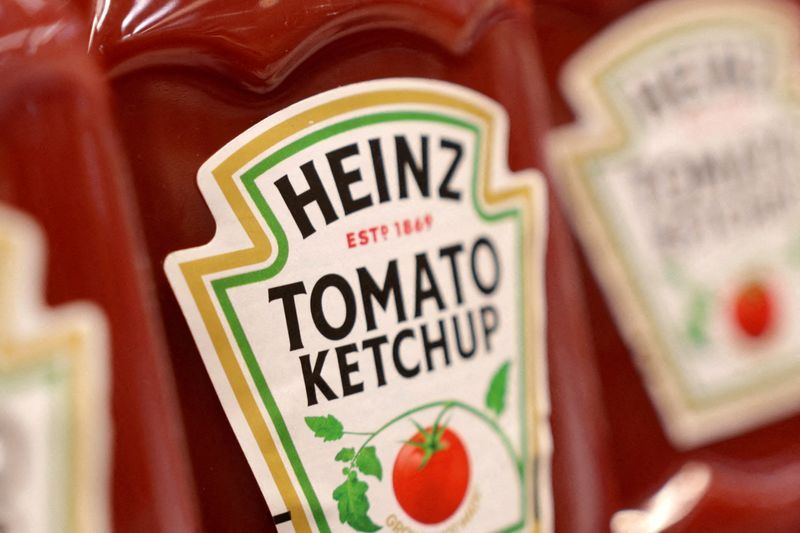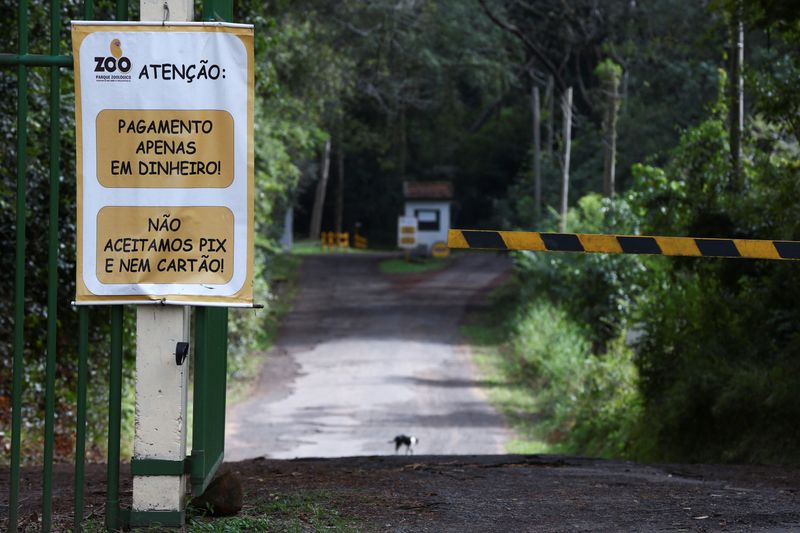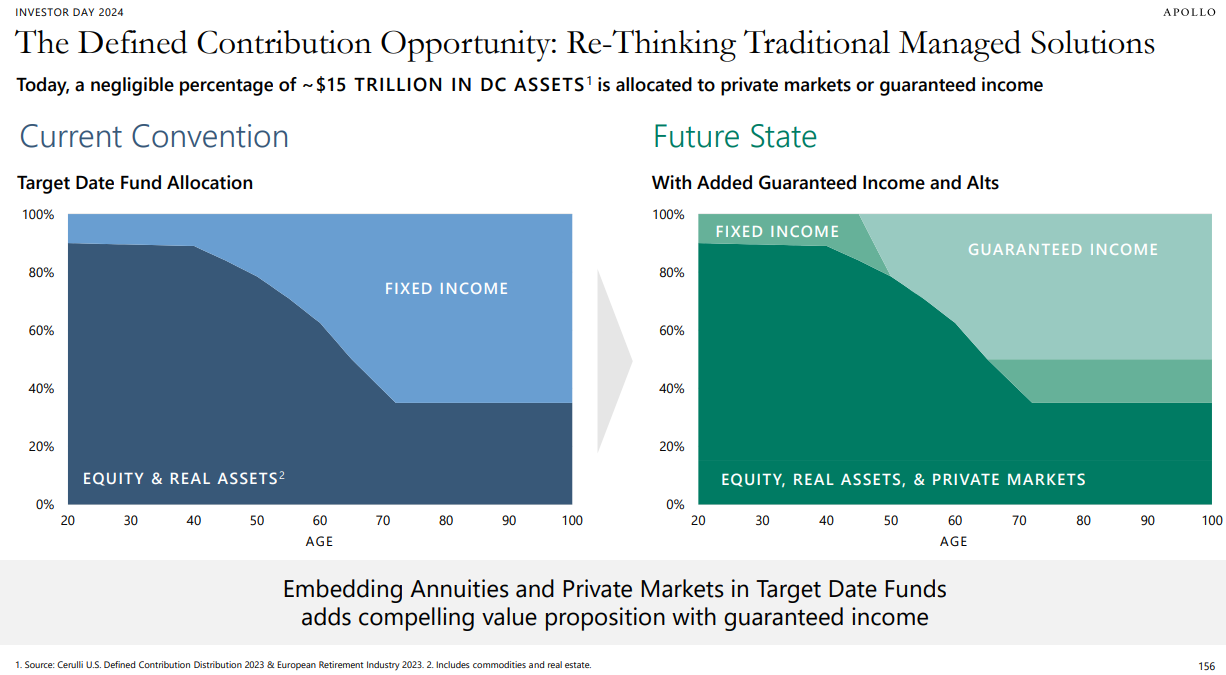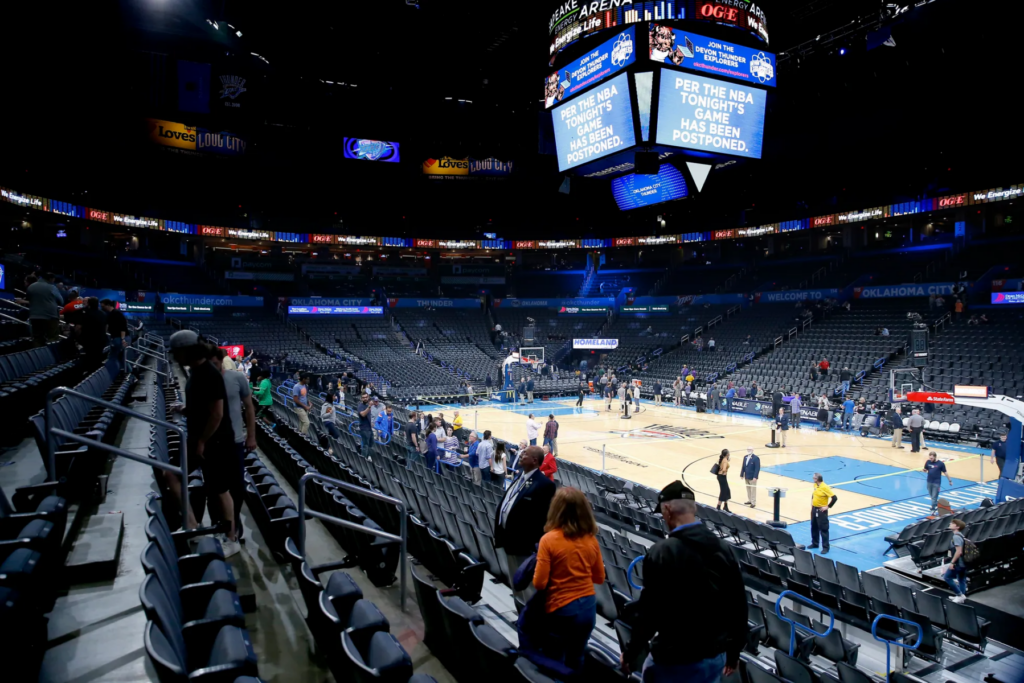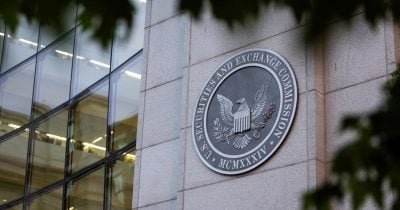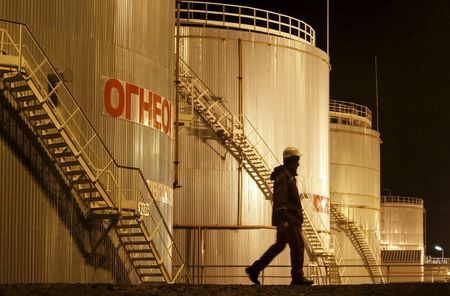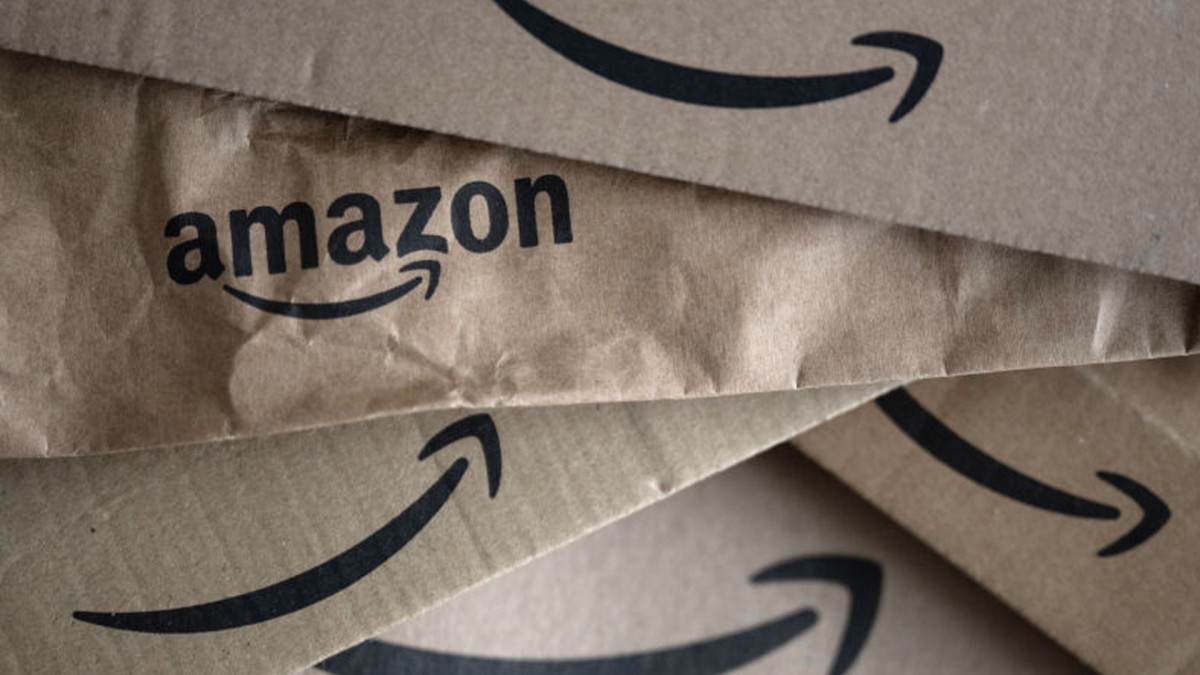Cancer woes could force huge company into Chapter 11 bankruptcy
A major multinational company is considering bankruptcy for one of its divisions after a high-profile acquisition led to more than 160,000 costly cancer-related lawsuits.

In the business world, it’s all about the right strategy.
Two closely connected tools for growth are corporate strategy and M&A (merger and acquisition) strategy.
Corporate strategy sets a company’s overall direction, from broad goals to specific objectives like diversification or efficiency. Once defined, M&A strategy supports these goals through targeted acquisitions or mergers.
Related: Another major trucking company files for Chapter 11 bankruptcy
Acquisition choices should be meticulously thought through and shaped by the company’s broader strategy.
For example, Amazon’s (AMZN) acquisition of Whole Foods aimed to improve the retail giant’s market presence and distribution capacities, while Disney’s (DIS) acquisition of 21st Century Fox had a goal to expand its content and streaming services, according to Institute for Mergers Acquisitions and Alliances.
Since 2000, there have been more than 790,000 transactions globally with a known value of more than $57 trillion.
These deals offer enormous strategic benefits, but they also carry risks and challenges, including cultural integration, regulatory hurdles, and financial risks, among others.
Sometimes wrong choices have a huge price.
One pharmaceutical company acquired a large agricultural business with about 170,000 serious lawsuits against it. Now, the parent company is considering a Chapter 11 bankruptcy for this unit to settle the remaining lawsuits. 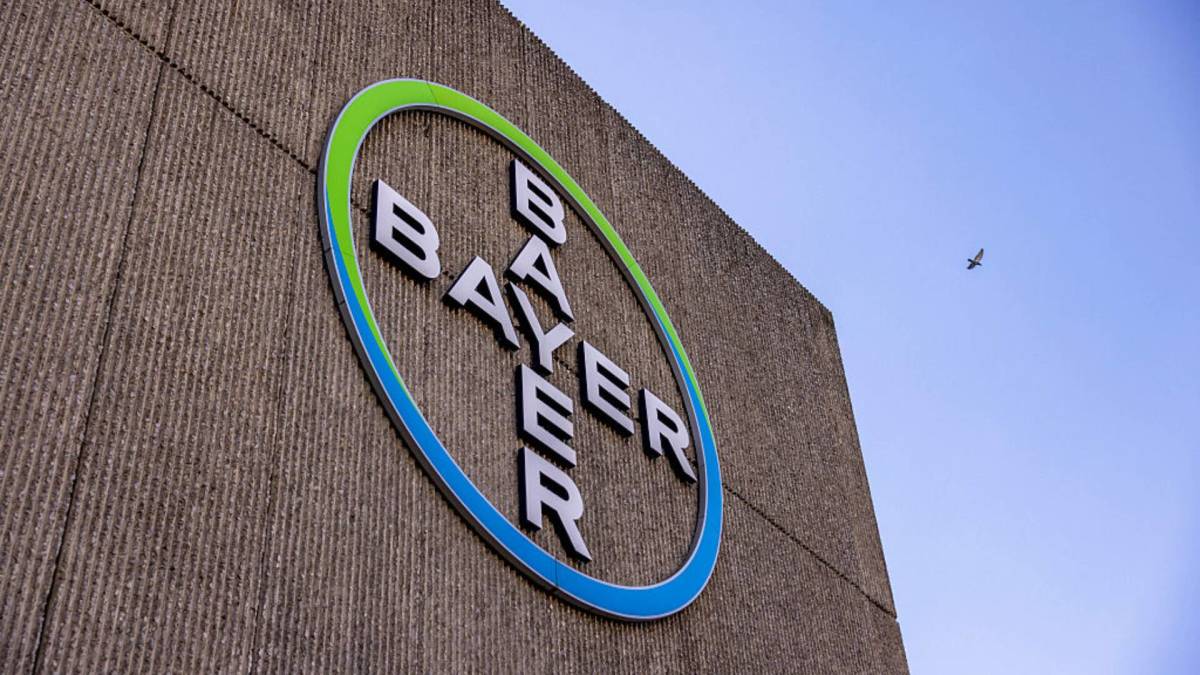
Bayer must deal with Monsanto’s 67,000 remaining cancer lawsuits
In 2018, German multinational pharmaceutical and biotechnology company, Bayer AG (BAYRY) , acquired American agrochemical and agricultural biotech company Monsanto for $63 billion.
Since then, Bayer has been involved in litigation connected to former Monsanto products such as the herbicides glyphosate and dicamba, as well as polychlorinated biphenyls (PCBs) used in electrical equipment, paints, and coatings.
More legal battles:
- Bancor files patent infringement lawsuit against Uniswap
- SEC pushes back on surprise filing in Ripple lawsuit
- Largest RV dealer unexpectedly shuts down store amid flag controversy
As of May 2025, Monsanto has reached settlements in close to 100,000 Roundup lawsuits, paying about $11 billion. In lawsuits, plaintiffs claim the glyphosate weedkiller Roundup causes cancer.
Approximately 67,000 cases remain pending, according to the Lawsuit Information Center.
Bayer weighs Chapter 11 bankruptcy in case settlements fail
As it works to settle the remaining Roundup cases, the German pharmaceutical giant is also weighing a potential bankruptcy for its Monsanto-linked agricultural division if the current resolution efforts fall through, exclusively reported the Wall Street Journal, citing people familiar with the matter.
Per the report, Bayer is trying to address some of the lawsuits in Missouri state court, where the majority of the cases are pending, while preparing a Chapter 11 filing for Monsanto.
A bankruptcy would pause lawsuits against the division and create a path to settling its share of Roundup-related liability in bankruptcy court, writes Insurance Journal.
Bayer has brought in legal experts from Latham & Watkins and consultants from AlixPartners to explore potential strategies.
In April, Bayer petitioned the U.S. Supreme Court to rule that federal law preempts thousands of state lawsuits claiming it failed to warn users that Roundup could cause cancer.
The German pharmaceutical company argues that because the Environmental Protection Agency (EPA) approved Roundup’s label without a cancer warning, states can’t require additional warnings, reported The Associated Press.
At the same time, Bayer is pushing for state law to protect it from further lawsuits, and even though it denies claims that the weedkiller causes cancer, it has set aside $16 billion for settlements.
Related: Troubled airline files bankruptcy, travelers may not get refunds
In early March, Bayer told farmers and retailers that it may have to halt Roundup sales, which would leave U.S. farmers reliant on imported glyphosate from China, reported Farms, citing The Wall Street Journal.
Bayer’s CEO Bill Anderson told the outlet that one of his goals when he took the role in 2023 was to get the glyphosate litigation under control by 2026. Anderson added that litigation expenses have caused $2 billion to $3 billion in losses a year, sometimes eclipsing Bayer’s agriculture research and development budget.
After petitioning the U.S. Supreme Court, Bayer warned that the future of American agriculture is at stake.























